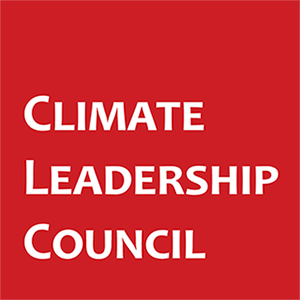Nationwide carbon price + border carbon adjustment would fully unlock America’s carbon advantage
WASHINGTON, DC – Climate Leadership Council CEO Greg Bertelsen welcomed news that the United States and European Union will create the world’s first carbon-based sectoral arrangement on steel and aluminum trade.
“This is a significant and encouraging step towards harmonizing our climate and trade policy so that we strengthen American competitiveness as we lower emissions,” Bertelsen said. “U.S. manufacturers across industries have a decisive carbon advantage over much of the rest of the world. With the right policies and incentives in place, we will bring more investment, manufacturing and jobs to the U.S. while lowering global emissions. Ultimately, an economywide approach underpinned by a domestic price on carbon and border carbon adjustments for a broader basket of goods will maximize the economic and environmental benefits of America’s carbon advantage.”
The U.S. steel industry has a major carbon advantage over international competitors, according to a case study released by the Council earlier this year, Leveraging a Carbon Advantage. The report shows that applying a carbon price based on emissions to all producers who sell in the U.S. market would deliver a competitive advantage to domestic steelmakers, who would see their output and sales rise as they displace higher-emitting imports.
By enacting a carbon fee and border carbon adjustment, the U.S. will further reduce its emissions, bring more manufacturing back to our country, create an avenue for greater global cooperation on climate among our allies, and compel climate laggards to fall in line, according to a report released by the Council last week.
Recent polling of voters in key swing states also shows broad support for border carbon adjustments across the political spectrum.
- 70 percent of voters support a border carbon adjustment as a component to a national climate plan [Republican (61 percent), Democratic (81 percent), Independent (67 percent)].
- 82 percent of voters say that U.S. climate policy should discourage products made with higher carbon pollution and incentivize products made in America with less carbon pollution [Republican (74 percent), Democratic (90 percent), Independent (81 percent)].
The Climate Leadership Council works with a diverse coalition of businesses, environmental, and opinion leaders to advance the four-part carbon dividends framework as the most cost-effective, equitable, and politically viable climate solution. Enacting the carbon dividends framework would unleash America’s full innovative capacity against climate change and cut emissions in half by 2035 on its own.

